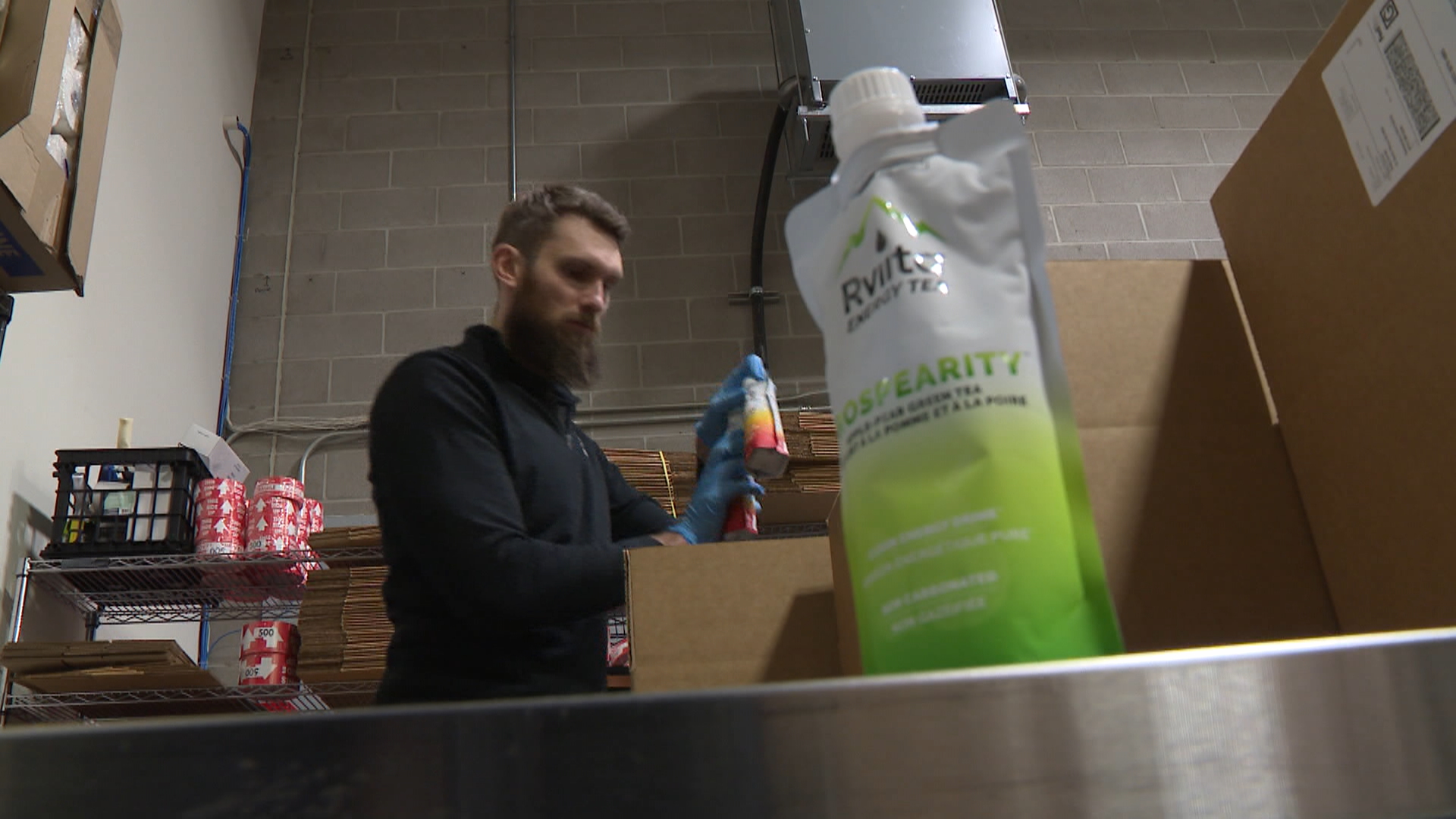ARTICLE AD BOX
A Belgian man has been acquitted of drink-driving after it was discovered he was suffering from autoabolic sedation syndrome (ABS), an extremely rare condition in which the body produces alcohol.
The 40-year-old man was tried in Belgium, accused of repeatedly driving under the influence of alcohol, but was acquitted on April 22, after three doctors independently examined him and confirmed that he had self-intoxication syndrome.
Anse Ghesquière, the patient's lawyer, said that in "another unfortunate coincidence" her client worked in a brewery, was tested twice in April 2022, and was found to be four times over Belgium's legal limit for alcohol, and the second time more than three times over the legal limit.
The man, who had already been sentenced in 2019 to a fine and suspension of his driving license for the same reasons, had protested the ruling, saying that he was innocent, did not drink alcohol, and was not aware of his health condition.
What is autogenous fermentation syndrome?
Self-breeding syndrome, also known as “diabetes mellitus,” causes people to feel intoxicated without consuming a drop of alcohol.
This condition causes carbohydrates to ferment in the stomach, increasing ethanol levels in the blood.
Symptoms occur when the body converts sugary and starchy foods into alcohol, and can cause side effects similar to those that occur when drunk or suffering from a hangover due to excessive drinking.
Clinical biologist Lisa Florin told the British newspaper The Guardian that those suffering from self-fermentation syndrome produce the same type of alcohol found in alcoholic drinks, but they generally feel fewer effects.
Who can develop autogenous fermentation syndrome?
A person cannot be born with autoimmune syndrome, but they can be born with another condition that can lead to it.
For example, in adults, too much yeast in the intestines may be caused by Crohn's disease which can lead to auto-fermentation syndrome.
Autogenic fermentation syndrome is often more prevalent in those who suffer from obesity or diabetes.
Children can also develop the syndrome, and those who have a condition known as short bowel syndrome (where part of the small or large intestine is removed or does not work properly).
Currently, only 20 people around the world have been officially diagnosed with this condition. But there are some notable cases where IDS patients have run afoul of the law.
How is self-fermentation syndrome diagnosed?
Symptoms alone are not enough to diagnose the condition, and more research is needed because there is no directly specific test for autophagic syndrome.
Instead, doctors try to find out how much yeast is in a person's intestines, which can be done by testing a stool sample or through a glucose challenge (where the person is given a sugar capsule and forced to fast for a few hours before and after the test).
If a person does not have autoerotic syndrome, his or her blood alcohol level will be zero. If he has this condition, the blood alcohol level will range from 1.0 to 7.0 milligrams per deciliter.
.png)
 6 months ago
5
6 months ago
5









 English (US)
English (US)